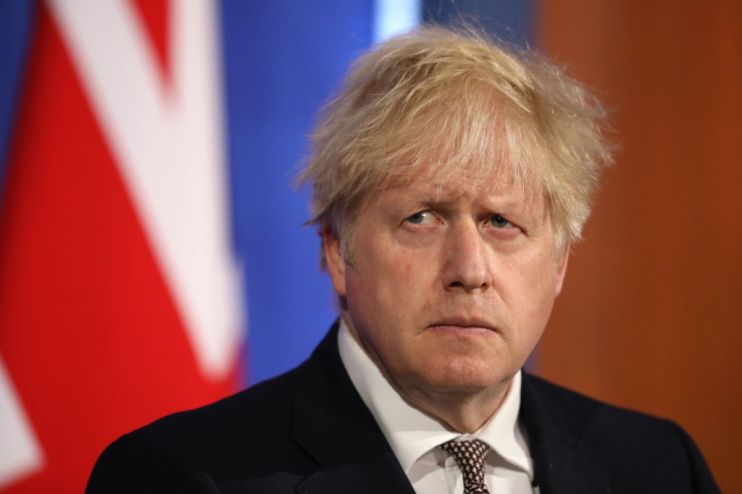Australia-UK trade tensions are a post-Brexit crossroads: do we want to be Global Britain or do we want to pursue protectionism?

When it comes to sport, particularly cricket and rugby, there is perhaps no fiercer rivalry than between the UK and Australia. Yet away from the Test arena, there are perhaps very few countries that share such a strong relationship. Both nations share a language, the monarchy, similar cultural connections and diplomatic and security ties.
The strength of these relationships was part of the vision of a post-Brexit Britain ahead of the referendum in 2016. The ability and willingness for the UK to go out and negotiate its own trade deals was a centrepiece of the campaign. Everything quickly became “Australian-style” in a bid to soften hardline policies.
Five years on, Britain and Australia are trying to hammer home the final details of a trade deal. Yet, it has been derailed by splits within the Cabinet, raising serious questions about what the UK really wants out of its newfound freedom.
On the face of things, Australia is a small trading partner and represents around 1.5 per cent of total imports and 1.1 per cent of exports. It is our 17th largest importer and 21st largest export partner. In fact, exports have been declining over the past five years at an annualised rate of 1.3 per cent. This partly reflects the greater trend towards intra-regional trade with Australia importing more from the Asia-Pacific region.
Australia is, however, a Commonwealth country, a key security ally, part of the so-called Five Eyes Intelligence group and part of the “Quad” with Japan, India and the US. Australia is also a member of the Comprehensive and Progressive Agreement for Trans-Pacific Partnership (CPTPP). International Trade Secretary Liz Truss has been eyeing off membership to the CPTPP, and leading the way by moving closer to Australia. To join the CPTPP, the UK will need trade deals with all of the members of CPTPP first. In other words, while the trade values may be small, it is a strategically important relationship to Britain.
Trade talks are always notoriously difficult and dull. Yet, the problem here is not about detail. They have exposed a chasm between Britain’s ambitions: do we want to freely negotiate deals to become “Global Britain” or do we want to protect sectors and traditional interest groups?
During our membership with the EU, the UK negotiated deals as part of a bloc. It masked a swathe of tensions between the four nations. A deal on agriculture, for example, would have great consequences for farmers across Wales, Scotland and Northern Ireland. This concern is reflected among Cabinet Ministers, especially Michael Gove, who is charged with keeping demands for Scottish independence in check. Allowing cheaper Australian produce to flood the market could push many Scottish voters into the SNP’s arms.
This is the paradox of post-Brexit UK foreign policy: there is a desire to think big and global, yet this isn’t necessarily in the interests of the UK itself or indeed the traditional interest groups. Something has got to give and to push forward it will require a bravery to face down these historical growing pains.